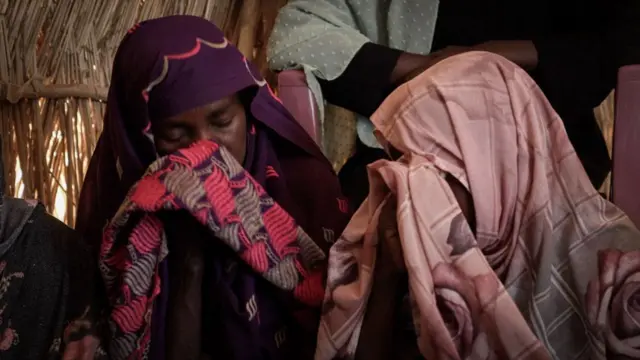Rwanda and the African Union signed a host agreement for the African Medicines Agency (AMA), a specialised regulatory body for medical products, in June 2023.
The establishment of AMA is a significant step towards enhancing healthcare infrastructure and advancing medical innovation. It marks a pivotal moment not only for Rwanda but for the entire continent, signifying a commitment to bolstering pharmaceutical regulation, promoting access to quality medicines, and fostering collaboration.
Setting up the AMA headquarters in Rwanda carries profound implications for the future of healthcare across Africa. As the continent grapples with diverse health challenges, ranging from infectious ailments to non-communicable diseases, the need for a cohesive regulatory framework to ensure the safety, efficacy, and accessibility of medicines cannot be overstated.
One of the most significant advantages of Rwanda hosting the agency lies in its strategic positioning as a burgeoning hub for pharmaceutical manufacturing and medical tourism. With Rwanda set to host Africa’s first mRNA technology vaccine plant – in partnership with BioNTech – and strengthening its regulatory agency, Rwanda FDA, to achieve Maturity Level 3 certification, the country will play a pivotal role in driving medical innovation and production.
The synergy between Rwanda’s ambitions and the objectives of the AMA creates a fertile ground for collaboration, facilitating the exchange of expertise, resources, and best practices to catalyse the development of a robust pharmaceutical sector in Africa. Hosting rights for the AMA headquarters were not given to Rwanda as a gift. The country, in fact, beat seven other bidding countries – Algeria, Egypt, Morocco, Tunisia, Tanzania, Uganda, and Zimbabwe – in the process. This speaks to the country’s commitment to advancing healthcare as a cornerstone of its development agenda.
Rwanda has made a name for itself in leveraging innovation and technology to address healthcare challenges, earning global recognition for its notable achievements in areas such as universal health coverage and disease control. By becoming the AMA headquarters home, Rwanda reaffirms its status as a leader in healthcare governance.
Beyond the obvious benefits of enhanced regulatory capacity and expanded access to quality medicines, the African Medicines Agency, just the second cross-continental health agency of the African Union after Africa CDC, carries an important symbolic significance. It symbolises the continent’s collective resolve to assert its rightful place on the global stage and chart its own course towards a healthier, more prosperous future.
By pooling together, the expertise and resources of African nations, the agency has the potential to transform Africa’s healthcare landscape, empowering governments to better protect the health and well-being of their citizens.
Africa choosing Rwanda to host the African Medicines Agency represents a watershed moment in the continent’s journey towards strengthening healthcare systems and promoting medical innovation.
The nod with more HQs
It is not just the AMA headquarters coming to Rwanda. The country has also been confirmed as host for two other critical headquarters: the Africa regional office of the International Vaccine Institute (IVI) and the African Pharmaceutical Technology Foundation (APTF).
From pioneering initiatives such as the use of drones for medical supply delivery to the establishment of Africa’s first mRNA technology vaccine plant, Rwanda is known for embracing innovation and technology. Now, it is not only being recognized for that track record, but also entrusted with a pivotal role in driving innovation in Africa’s healthcare sector.
With its visionary leadership, strategic investments, and key partnerships, Rwanda is steadily laying the groundwork to emerge as a regional hub for medical tourism and pharmaceutical manufacturing. The headquarters for AMA, IVI Africa, and APTF, taking root in Rwanda is a major vote of confidence in the country’s belief in the power of collective action to address shared health challenges across the continent.
SOURCE:The New Times






